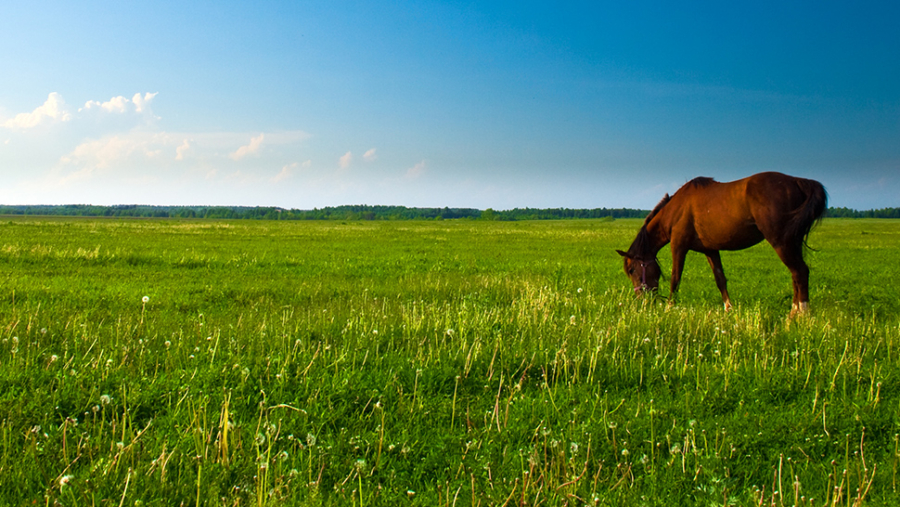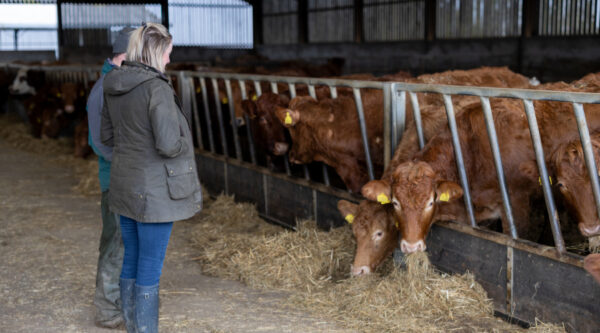

You are thinking of purchasing a field from a local farmer to keep some horses on it for private leisure purposes. However, the field is currently used by the farmer for grazing livestock, growing crops or some other agricultural purpose. If you use the field to house, graze and exercise the horses will you need to seek planning permission? The short answer is yes. Planning permission will be required where there is a ‘material change’ in the use of the land from agriculture to the keeping of horses for leisure purposes.
What is agriculture in Planning Law?
The Planning Acts define “agriculture” as including horticulture, fruit growing, seed growing, dairy farming, the breeding and keeping of livestock (including any creature kept for the production of food, wool, skins or fur, or for the purpose of its use in the farming of land), the use of land as grazing land, meadow land, osier land, market gardens and nursery grounds, and the use of land for woodlands where that use is ancillary to the farming of land for other agricultural purposes.
Why is the keeping horses not agriculture?
The Courts have held that the term in the above statutory definition of agriculture referring to the breeding and keeping of livestock does not apply to the breeding and keeping of horses except where such purpose is in connection with a farming use. Thus, if you intend to use the field only as grazing land for horses it will be regarded as for agricultural use and planning permission will not be required (even if the horses are recreational horses). However, the horses must only be on the land for the primary purpose of grazing.
If the horses are given supplemental feed and kept in the field for exercise and provided shelter then the predominant use of the land is not regarded as agricultural. This equally applies for riding schools, livery and racing stables, stud farms and hobby (or private leisure) purposes.
What issues do you need to consider?
In determining the use of the field the local planning authority will likely look at factors such as:
- Whether the field will be used permanently for horses;
- Whether there will be any related structures on the land such as field shelters, stables and jumps;
- Whether the horses will be fed primarily from grazing or from other sources;
- Where and how often you ride the horses (including within the field); and
- Whether it is for a private or commercial purpose.










